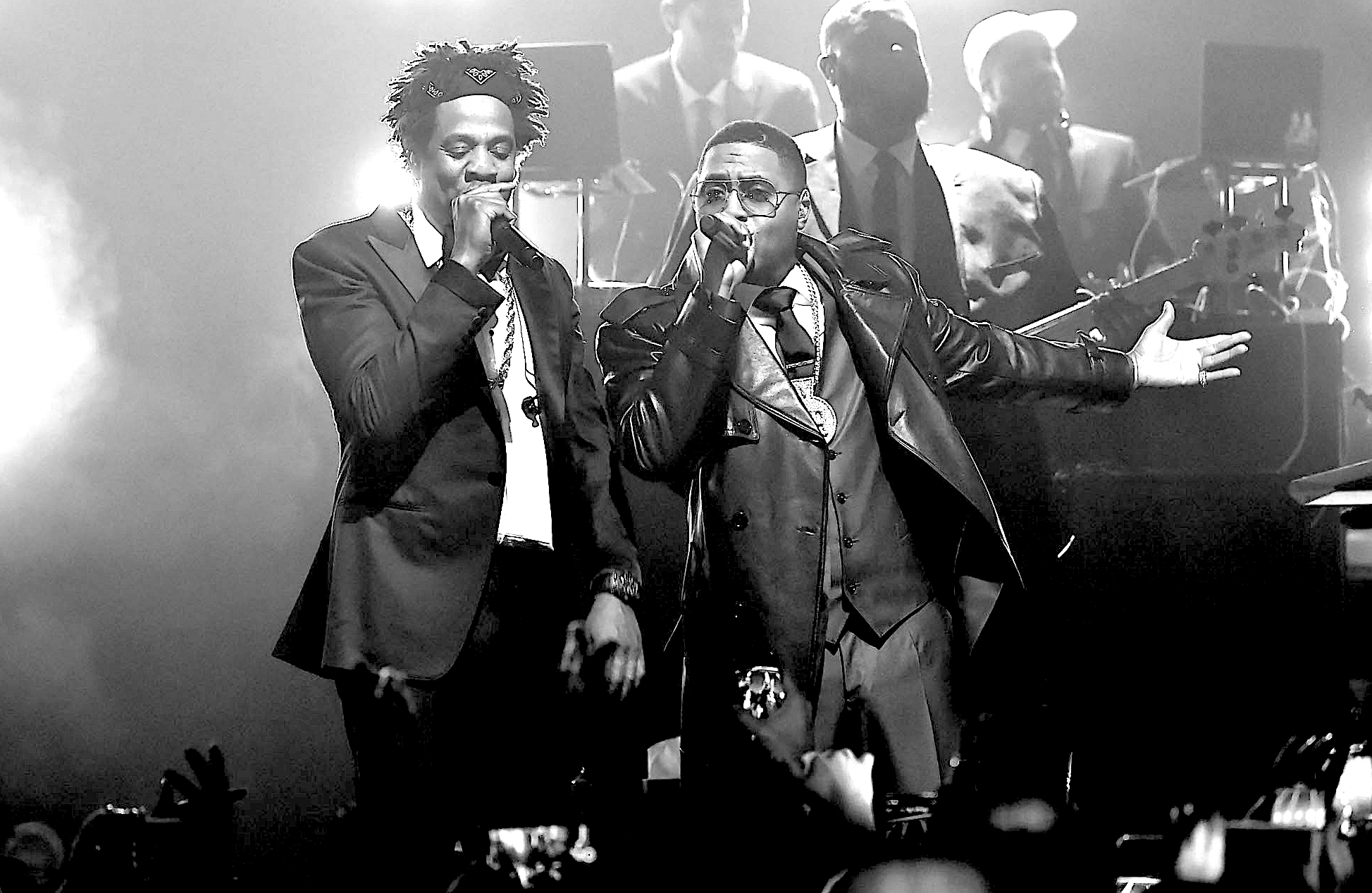The first adult experience where people were counting on me to be on time was my freshman year of college. It was the road trip kicking off the season for my track team. The itinerary was simple.
BUS - 4:45-5 AM
TEAM MEAL 5-5:50 AM
LEAVING TOWN - 6 AM
At 5:15, the phone in my dorm room rang, it was the captain of my team. I had overslept. I set my alarm successfully, but accidentally chose 4:30 pm instead of am. Rookie mistake. My teammates begged coach to circle back to campus to pick me up after breakfast. He reluctantly agreed to. The pain and embarrassment of having to face coach that morning still gives me chills. I looked him in the eye and apologized. I offered no excuses, just five simple words. “It will never happen again.” It didn’t. I carried the burden of that mistake for years. By the time I entered advertising, I was convinced my punctuality was teflon.
For the first big client presentation of my career, I wanted to be prepared. I laid out my clothes the night before, practiced my set up, packed up my bag and sat it by the door. I had two tasks for the morning, a hot shower to wake myself and a decent breakfast. That night, I got in bed around 11 and set my alarm clock for 7:30. I’d leave the house by 8 and with traffic, I’d comfortably be there 20-30 minutes before the 9 am meeting. It was a great plan. But I did not execute it perfectly.
My anxiety to not oversleep resulted in an extremely unsettled night. Every few hours I found myself waking up and looking over at the clock. 1:15 am, 3:04 am, 5:33 am. Around 6:30, I had enough. I woke up showered, got dressed and finished breakfast. I was all ready to go and it was 7 o’clock. Knowing it was too early to head out for the meeting, I thought, I’ll just kick back and watch the news for an hour. After a few minutes, the slow pace and monotone voices had lulled me to sleep. When I finally woke up, it was 8:20 am. I fled out the door like a mad man, weaved in and out of rush hour traffic, sped through a parking deck, ran through a lobby and darted into a conference room two minutes before 9 am. I made it! I even beat the client to the room, but that morning was an epic failure.
“Clock watchers never seem to be having a good time.” – James Cash Penney
The more you cheat disaster, the more comfortable you become cheating it. I slipped into a pattern of near misses that lasted a good five years. 100 meter dashes through the airport. Formula 1 jaunts through city streets. Running up eight flights of stairs to my office, afraid the elevator might be too slow. Not to mention, physical feats of Olympic level typing to make deadlines. I don’t want to make it sound like I was always running late, because I wasn’t. But I was definitely running late enough that it had become an issue that was holding back my ability to succeed.
Two things helped me over come my lateness. 1) Instead of worrying about disappointing other people, I made it a point to not disappoint myself. I realized feeling like I had to do something or be somewhere on time, or I’d be in trouble, made me subconsciously rebel against authority. So I became careless, aloof, nonchalant. When I changed the outlook to make it about doing something positive for myself, suddenly it felt like a challenge – challenge to do my job to the best of my ability and to give myself the best chance of succeeding. That switch in mindset was huge. 2) I took on more responsibility. It’s easy to not care when someone else is responsible. But when you become solely responsible for things, it forces you to step up.
One night at work, it was like 2:30 am. There was a room full of creatives loading up story boards into bags. A couple of us would be presenting a new campaign to the client a few hours later at 8 am. I don’t know how this happened, because I definitely didn’t volunteer for it, but I ended being responsible for bringing all the work to the meeting. It was three large bags holding 15 to 20 boards or so. A multi-million dollar campaign was going into my trunk, and the only person responsible for getting it there, was me. Instead of overwhelmed, I felt empowered. I showed up at meeting room at 7am. I helped dressed the room, gave a good presentation and I’ve been running early ever since.
As a group creative director, I diagnose creatives who are in the running late era all the time. Although we’re now working remote, the same level of unpreparedness and finishing in a nick of time still translates to the virtual space. You can not fake preparation. The biggest jump in my career came from a shift in mentality, a shift in approach, a shift in standards – first one in, last to leave, no excuses. So when I see that writer, who keeps pushing back a deadline, or that creative who is starting to make a habit of showing up a few minutes late to meetings, I pull them aside. I share my journey. I let them know I also suffered from that same shortcoming. And then I remind them. Every time they flirt with disaster, they are only developing a tolerance for that standard. Simply remove the possibility of being late. All the mental and emotional fuel being burned trying to avoid disaster, can be used to propel you towards greatness. One luv.




















